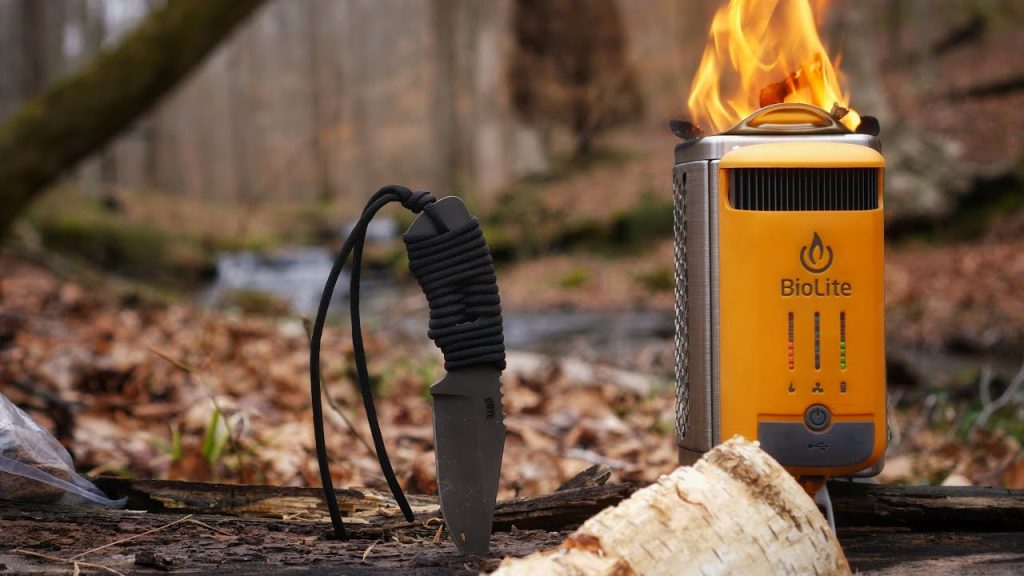4 Day Solo Wild Camping Adventure in the Mountains

I travel 900 Miles for a 4 day camping trip alone in the Mountains.
My adventure sees me hiking up peaks in wind and rain, camping by glacial lakes and on the ridge of one of the tallest peaks in England.
What is wild camping, and how is it different from camping in designated campgrounds?
As the human fascination with nature and the desire to explore the great outdoors grows, so does the practice of camping. Many campers opt for campgrounds with amenities such as showers and electricity, while others prefer the challenge and excitement of wild camping. Wild camping is the practice of setting up camp in an area without designated campsites, facilities, or pre-existing infrastructure. It is an opportunity to disconnect from technology, immerse oneself in the surrounding wilderness, and test survival skills.
Wild camping can be done alone or with a group, and both have its benefits and challenges. This article delves into a four-day solo wild camping adventure in the mountains – one that truly put the camper’s skills to the test.
The camper began with strategic planning and preparation. To guarantee safety, comfort, and an enjoyable experience, the camper researched the weather, topography, flora/fauna, and legal requirements of the chosen location. The camper also packed essential items such as a lightweight tent, sleeping bag, food, water, cooking supplies, navigation tools, and a first aid kit. With all their gear in tow, the camper was ready for their adventure.
Day one started with a hike up the mountain, passing through lush forests and streams. The camper set up camp in a clearing close to a water source, a crucial element of survival. From there, the days were filled with exploring the land, watching the sunset and starting a fire to cook dinner. A critical part of wild camping is leaving the site as was found by practicing “leave no trace” principles; this means preventing soil erosion, picking up litter, and not disrupting wildlife.
With no one around for miles, there was ample time for introspection and reflection. The camper learned the art of mindfulness and appreciating the simple things – such as watching the stars overhead and listening to the sound of nature. Unplugging from technology allowed the camper to recharge in a way that cannot be achieved in city life.
On day three, the survival skills were put to the test when a sudden thunderstorm hit. The camper had to remain in the tent for hours, waiting for the storm to pass. Despite the challenge, the camper stayed calm and put their knowledge of emergency and safety procedures into practice.
On the last day, the camper packed up and hiked back down the mountain, feeling a sense of accomplishment, peace, and closer to nature. In conclusion, solo wild camping can be an exciting, challenging and rewarding adventure. It is the ultimate way to connect with nature, practice survival skills, and push oneself out of the comfort zone. However, it requires proper planning, preparation, and respect for the natural environment. By following this approach, a solo wild camping adventure in the mountains can be an unforgettable experience.









Secret Diet of Myanmar MONKS!!! Live to 100!!
Family of 4 Travel Full Time in 4 Years | Lifestyle Changes are Hard – How You Do It Anyway
360 Interactive Football Game Flyover
16 Camping Pranks And Life Hacks
Japanese Kobe Beef Factory!!! MOST EXPENSIVE Meat in the World!!!